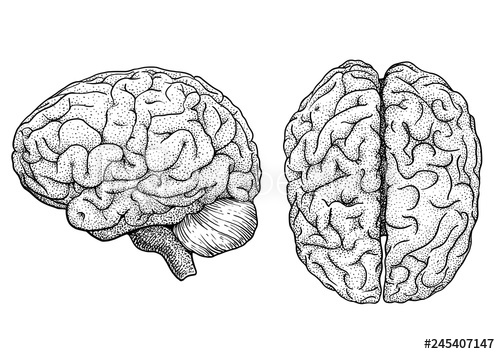It’s common knowledge that unresolved hearing loss can have an impact on stress and anxiety levels, but did you know it can affect your memory too? Memory loss is just one of the side effects of reduced hearing function, but it is one of the most important.
DOES HEARING LOSS AFFECT YOUR MEMORY?
Research has confirmed that hearing loss does have an impact on memory. In fact, it is believed that hearing loss can affect memory function in numerous ways. To understand why hearing function impacts memory, it’s important to look at the overall effect hearing loss can have on an individual.
CONCENTRATION
Due to the increased concentration required to simply follow the conversation, the brain doesn’t store the information. Known as cognitive overload, the brain is too busy trying to listen to and interpret sounds to memorize the content too. Of course, when you try and remember the details of the conversation, the information simply isn’t there and so cannot be recalled. You may feel like you’re unable to remember what you’ve heard but, in fact, the brain hasn’t even got as far as storing the information.
ISOLATION
Untreated hearing loss often leads to loneliness and isolation. A reduction in socializing is extremely common amongst people with unresolved hearing loss or tinnitus. When you’re isolated, your brain is exposed to fewer stimuli. As a result, it doesn’t need to work as hard and becomes less active. This can lead to structural changes and even cause the brain to shrink.
ANXIETY AND DEPRESSION
If hearing loss isn’t treated effectively, it can increase the risk of developing emotional and psychological and issues. Many people find that hidden hearing loss has a negative effect on their mental health, with a significant number of individuals experiencing increased anxiety and depression. Studies into depression have shown that it can change the way your brain operates. When depression impacts the memory, it means you are less able to retain and recall information on demand.

IDENTIFYING HEARING-RELATED MEMORY LOSS
If you’re experiencing memory loss, it’s important to seek medical advice. While people often consult their primary care physician regarding reduced memory function, it’s advisable to contact a hearing care professional too.
A simple hearing test can assess your hearing function and determine whether you are experiencing any form of hearing loss. Even relatively mild hearing loss can cause cognitive overload, which means people can experience hearing-related memory loss without having moderate or severe hearing problems.
You may notice your memory loss before you’re aware of any reduction in your hearing function. As many people experience a reduction in hearing function gradually, it can take some time before it really has a noticeable impact on their day-to-day lives.
This is one of the reasons why it’s so important to have routine hearing tests.
TREATING AND PREVENTING MEMORY LOSS
By wearing hearing aids you can enhance your hearing function. This prevents cognitive overload, as the brain no longer needs to work hard simply to pick up and interpret sounds. This enables your brain to process information normally and means the information is stored in your memory, ready to be recalled when needed. Wearing hearing aids greatly reduces the risk of social isolation too. This ensures that your brain isn’t subjected to the structural changes that can occur over time due to isolation.
A hearing test and appropriate treatment can certainly help to combat existing hearing-related memory loss.
